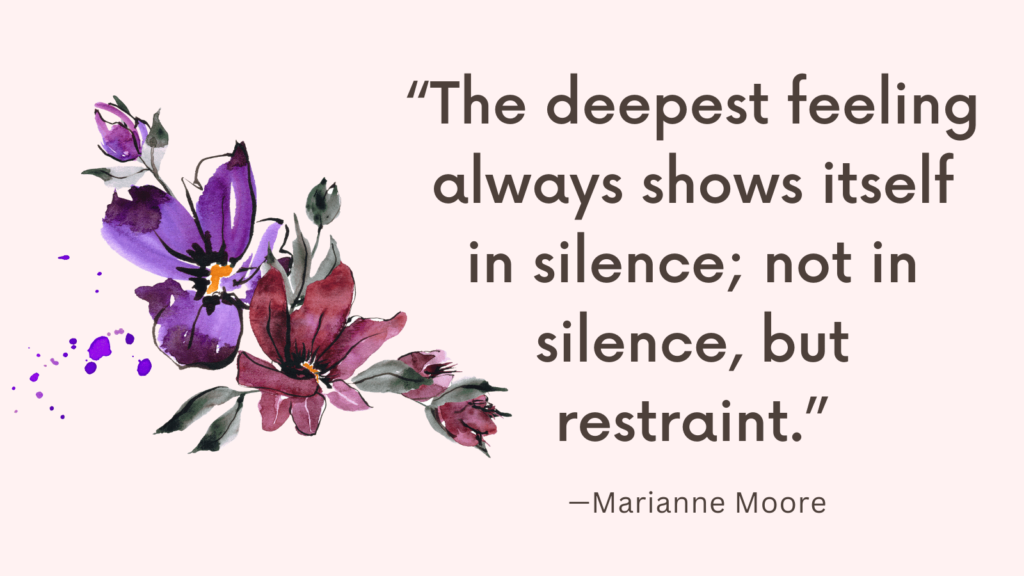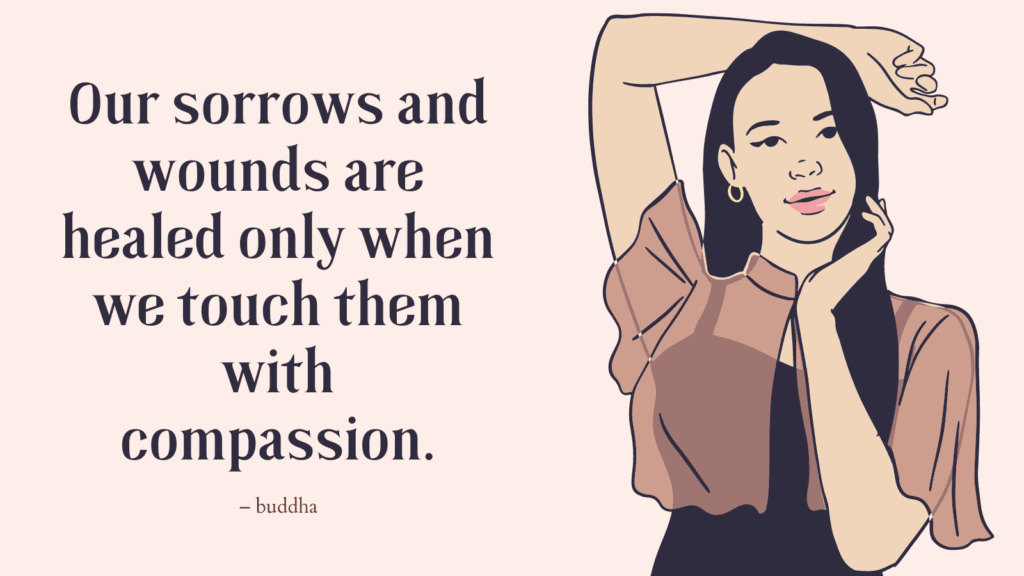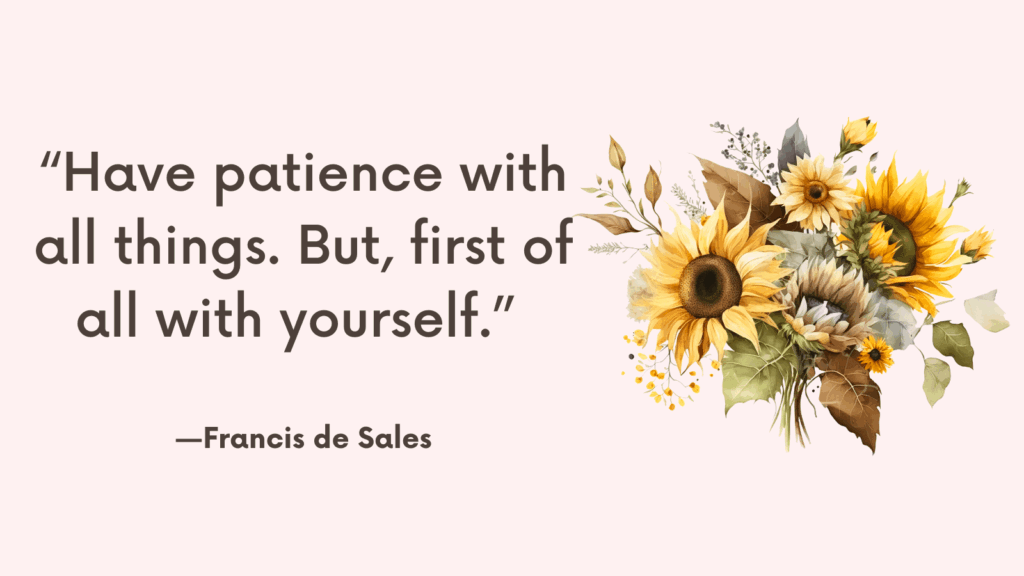Is oversharing a trauma response? Read on to find out.
Is Oversharing A Trauma Response?
Oversharing can indeed be a trauma response, as it is often linked to an individual’s attempt to cope with and process past traumatic experiences.
This behavior manifests when a person shares intimate or sensitive information about themselves without appropriate boundaries or context.
While it is essential to recognize that not everyone who overshares has experienced trauma, this article will explore the relationship between oversharing and trauma.
Why Do People Who Have Endured Trauma Overshare?
Trauma, broadly defined, refers to deeply distressing or disturbing experiences that have a long-lasting impact on an individual’s physical and psychological well-being.
Traumatic events can include but are not limited to physical or sexual abuse, neglect, accidents, natural disasters, violence, or witnessing harm to others.
The effects of trauma can be far-reaching and may profoundly influence one’s thoughts, emotions, behaviors, and interpersonal relationships.
When someone has experienced trauma, they often grapple with overwhelming emotions, intrusive memories, and a disrupted sense of self and safety.
Coping mechanisms vary among individuals, and for some, oversharing becomes a way to manage these challenges.
Excessive disclosure may serve multiple purposes for those who have endured trauma:
1. Seeking Validation
Sharing traumatic experiences can provide validation and acknowledgement of the pain they have endured.
By talking openly, individuals may hope to find understanding, empathy, and support from others.
Sharing their story can also be an attempt to combat feelings of isolation and shame.
2. Regaining Control
Trauma can leave survivors feeling powerless and helpless.
Oversharing can be a means of reclaiming control over their narrative and their emotions.
By actively choosing to share their experiences, individuals may feel a sense of agency and autonomy.
Related: Do I Have Trauma? Top 4 Practical Exercises To Support Your Trauma Healing
3. Testing Trust
Oversharing can be an unconscious way of assessing the trustworthiness of others.
Testifying to the depths of their pain can be a litmus test for determining if someone is safe and capable of providing support.
It may also represent an attempt to gauge reactions and determine who can be relied upon, thus finding validation and building safe connections.
4. Emotional Discharge
Sharing traumatic experiences can provide temporary relief and release emotional burdens.
It allows individuals to express their emotions, thoughts, and feelings, which otherwise might remain suppressed.
The act of oversharing can temporarily alleviate the distress experienced by survivors.
5. Coping with Hyperarousal
Trauma often leads to heightened states of hypervigilance and anxiety.
Oversharing can serve as a way to discharge excess energy and reduce internal tension.
The act of speaking about traumatic events may temporarily alleviate the hyperarousal experienced by survivors.
While oversharing can be a coping mechanism, it is important to note that it can also have negative consequences.
It can strain relationships, lead to feelings of regret or vulnerability, and potentially re-traumatize individuals if met with unsupportive or dismissive responses.
Recognizing the role of oversharing as a trauma response is crucial in order to provide appropriate support and guidance.
Related: 7 Trauma Release Exercises To Support Your Recovery After Trauma
How to Stop Oversharing Habit?
If you find yourself struggling with oversharing and would like to address this habit, there are strategies that can help you regain control over your boundaries and improve your communication.
1. Self-awareness
Start by becoming conscious of your patterns of oversharing.
Pay attention to situations, triggers, and emotions that lead you to share excessively.
Understanding the reasons behind your oversharing can provide valuable insight into what needs you’re attempting to fulfill through this behavior.
2. Reflect on the consequences
Consider the impact that oversharing has had on your relationships, self-image, and well-being.
Reflect on whether the outcomes have been positive or negative.
Acknowledging any negative consequences may motivate you to make changes and establish healthier communication patterns.
3. Set boundaries
Establish clear boundaries for yourself regarding what topics and information are appropriate to share in different contexts.
Reflect on what feels comfortable and safe for you.
Practice expressing your boundaries assertively and respectfully when necessary.
Related: Why Is Trauma Therapy So Hard? (+Best Trauma Healing Exercises To Support Your Recovery)
4. Practice active listening
Cultivate the skill of actively listening to others without feeling the need to interject with personal stories or experiences.
Focus on being present in the conversation, empathizing with the other person, and asking open-ended questions to show genuine interest in their experiences.
5. Engage in self-reflection
Take time to reflect on your own experiences, thoughts, and emotions before communicating with others.
By developing self-awareness, you can better understand your motivations for sharing and choose alternative ways to address your needs.
6. Seek appropriate support
Identify trusted individuals in your life with whom you feel comfortable discussing your struggles with oversharing.
These individuals can offer guidance and accountability as you work towards changing your behavior.
7. Develop new coping strategies
Explore and implement alternative coping mechanisms that allow you to process and manage your emotions effectively.
Healthy strategies might include journaling, exercise, mindfulness, or engaging in creative activities.
Experiment with different techniques to find what works best for you.
Related: How To Feel Your Feelings? Top 9 Difficult Emotions To Cope With In Healthy Ways
8. Practice self-care
Prioritize self-care to nurture your emotional well-being.
Engaging in activities that bring you joy, relaxation, and fulfillment can reduce the urge to overshare as a coping mechanism.
Take time for self-reflection, engage in hobbies or interests, and ensure you are meeting your basic physical and emotional needs.
9. Celebrate progress
Recognize and celebrate your achievements along the way.
Changing long-standing patterns takes time and effort, so it is essential to acknowledge and appreciate your progress, even if it is gradual.
Be patient and compassionate with yourself throughout the journey.

Conclusion
Oversharing can indeed be a trauma response, often attributed to individuals attempting to cope with past traumatic experiences.
Acknowledging the underlying trauma and its impact on their behavior is vital.
By understanding the reasons behind oversharing, it becomes possible to provide compassionate support, establish appropriate boundaries, and encourage the development of healthier coping mechanisms.
Remember, breaking the habit of oversharing requires consistent effort and self-reflection.
It’s okay to make mistakes along the way, but staying committed to your goals will ultimately help you build healthier communication patterns and establish stronger relationships.



